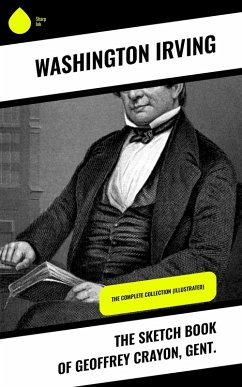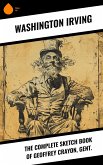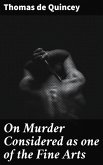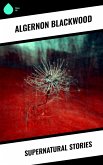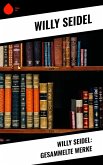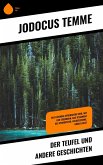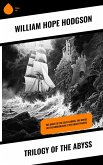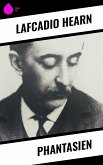Published in 1819, "The Sketch Book of Geoffrey Crayon, Gent." is a seminal work that intertwines essays, short stories, and sketches, reflecting the early Romantic literary aesthetic. Through the eyes of its fictional narrator, Geoffrey Crayon, Irving explores themes of nostalgia, cultural identity, and the American landscape, employing a rich prose style characterized by its evocative imagery and gentle irony. This collection includes some of Irving's most celebrated tales, such as "Rip Van Winkle" and "The Legend of Sleepy Hollow," which resonate with folklore while also critiquing early American society, thus positioning the work as an essential piece in the canon of American literature. Washington Irving, often regarded as the first American man of letters, brought a unique perspective shaped by his own experiences traveling in Europe and observing both American and European cultures. His background in law, literature, and his role as an early cultural ambassador provided him with a rich palette from which to draw inspiration. These experiences culminated in this collection, which not only entertains but also investigates the complexities of identity in a rapidly evolving nation. For readers seeking an enchanting blend of humor, reflection, and Americana, "The Sketch Book of Geoffrey Crayon, Gent." stands out as a must-read. It offers a delightful portal into the nuanced interplay of memory and place, perfect for both casual readers and those eager to study the roots of American literature.
Dieser Download kann aus rechtlichen Gründen nur mit Rechnungsadresse in A, B, BG, CY, CZ, D, DK, EW, E, FIN, F, GR, HR, H, IRL, I, LT, L, LR, M, NL, PL, P, R, S, SLO, SK ausgeliefert werden.

